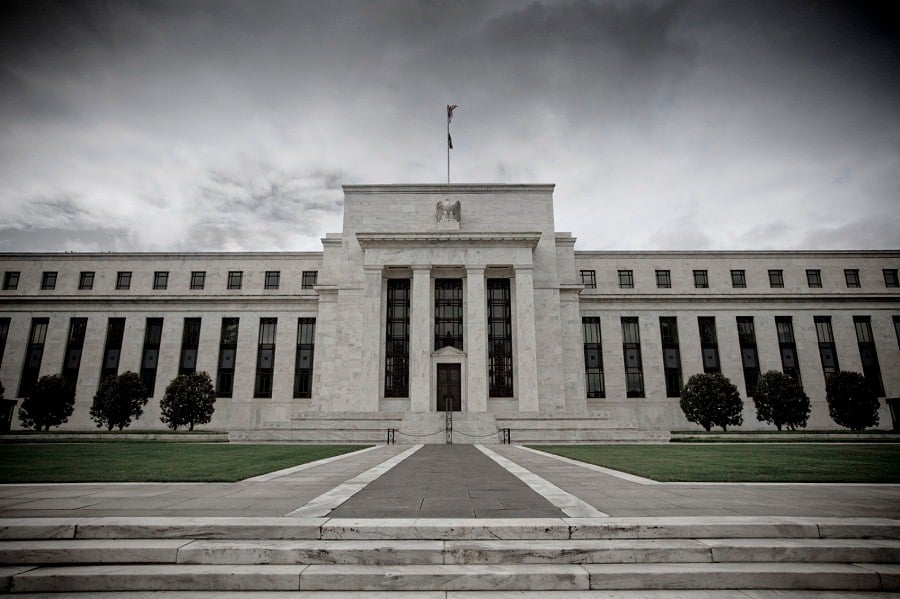

Federal Reserve Bank of St. Louis President James Bullard said the U.S. economy has enough momentum to continue its recovery from the coronavirus slump even if Congress fails to pass additional taxpayer support.
“I don’t think there is as much of an imperative about a new fiscal package as there might have been” in July or August, Bullard said Monday in an interview with Kathleen Hays. “It seems like, at least in some broad macroeconomic type of calculation, we have enough resources to cover this.”
Bullard’s view contrasts with Fed Chair Jerome Powell, who has urged additional fiscal aid and sometimes put the message in dire terms, as well as other Fed officials. In congressional testimony to be delivered Tuesday, Powell said the U.S. faces a long recovery with a high degree of uncertainty surrounding the pandemic.
The U.S. economy may shrink 3%-4% this year, which is less than half of what was expected early during the crisis, so the $3 trillion in pandemic aid passed by Congress as well as the Fed’s easy monetary policy stance should help support growth during the recovery, Bullard said.
“We might be able to sustain a recovery through this,” he said. “I’m hopeful we still have enough in the pipeline to push us through, get the growth going in the second half of the year. That certainly seems to be what’s happening in the third quarter. I think that will continue in the fourth quarter and the first part of next year.”
Bullard said he supported last week’s strengthened forward guidance, noting that the two dissents from fellow Fed presidents — one from a hawk, one a dove — suggests the decision was “about right.”
The Federal Open Market Committee last week signaled rates would stay near zero through 2023 and adapted their post-meeting statement to reflect their new strategy of allowing inflation to rise above 2% after periods of under-performance.
Dallas Fed President Robert Kaplan dissented, explaining he would “rather leave those judgments to future committees because I think the world is going to look very different post-pandemic.” Minneapolis Fed President Neel Kashkari dissented in favor of delaying a rate hike until “core inflation has reached 2% on a sustained basis.”

Rajesh Markan earlier this year pleaded guilty to one count of criminal fraud related to his sale of fake investments to 10 clients totaling $2.9 million.

From building trust to steering through emotions and responding to client challenges, new advisors need human skills to shape the future of the advice industry.

"The outcome is correct, but it's disappointing that FINRA had ample opportunity to investigate the merits of clients' allegations in these claims, including the testimony in the three investor arbitrations with hearings," Jeff Erez, a plaintiff's attorney representing a large portion of the Stifel clients, said.

Chair also praised the passage of stablecoin legislation this week.

Maridea Wealth Management's deal in Chicago, Illinois is its first after securing a strategic investment in April.
Orion's Tom Wilson on delivering coordinated, high-touch service in a world where returns alone no longer set you apart.
Barely a decade old, registered index-linked annuities have quickly surged in popularity, thanks to their unique blend of protection and growth potential—an appealing option for investors looking to chart a steadier course through today's choppy market waters, says Myles Lambert, Brighthouse Financial.
